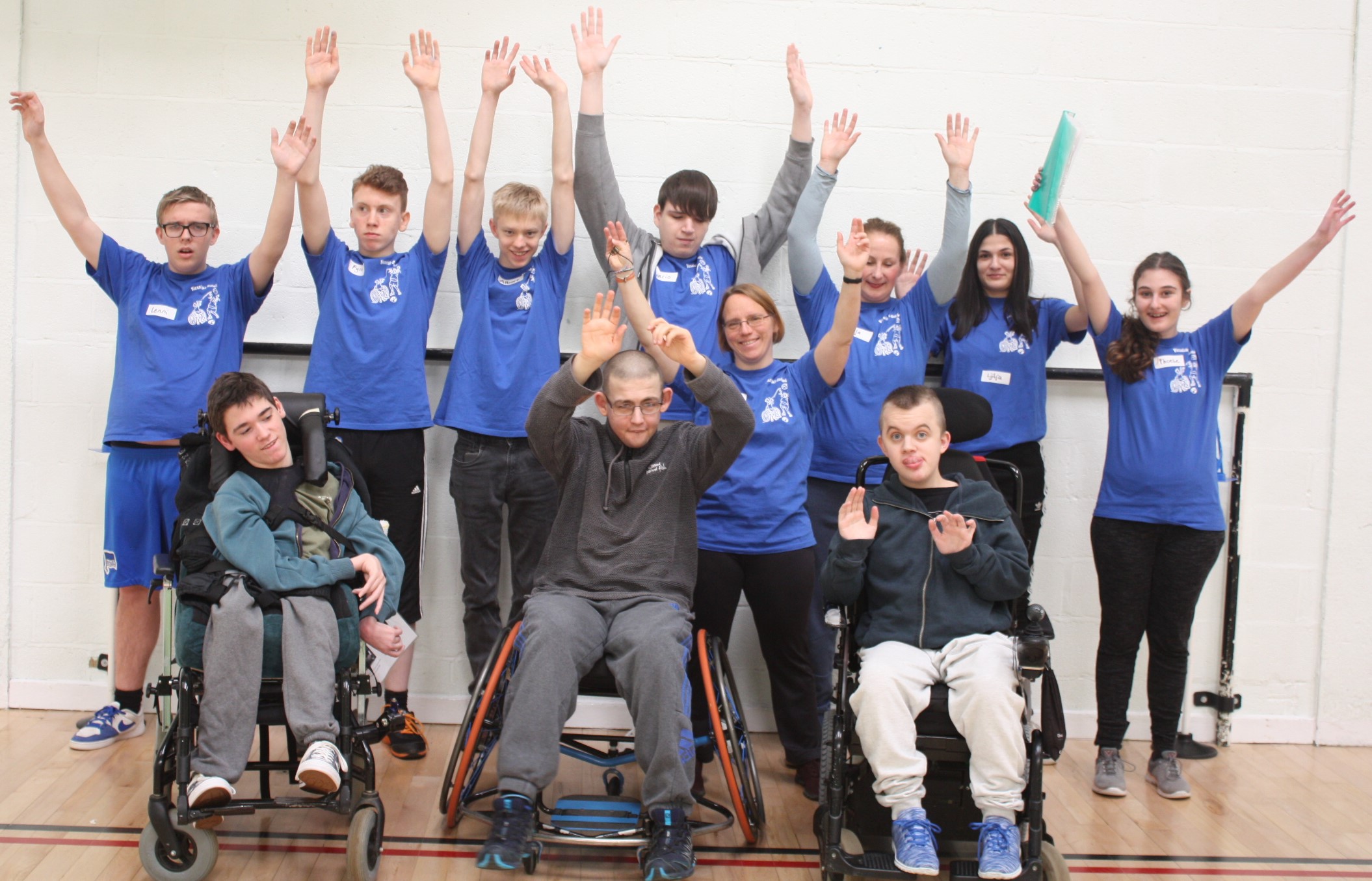
Empowering young people to take disability sport into their communities
Disability sport has enjoyed a huge profile worldwide since the success of the 2012 Paralympic Games in London - but opportunities for disabled young people to lead and promote participation within their own communities are still rare.
Cheltenham-based National Star College aims to address this issue by equipping young people with disabilities to do just that after receiving almost €60,000 in Erasmus+ funding.
The specialist residential college for learners with physical disabilities and associated learning difficulties has teamed up with Beisalski Schule in Germany for the two-year Leadership Education Activities in Disability Sport (LEADS) project.
The partnership will focus on developing the leadership skills of pupils via short-term exchange trips, thereby supporting the development of disability sport in both countries.
“There is a significant lack of opportunities for young people with disabilities to lead sports activities in their local communities," said David Finch, International Director at National Star College.
"LEADS is promoting the development of leaderships skills in young people with disabilities so that they can then promote, lead and coach disability sports in their own schools and communities.”
Learners worked well outside their comfort zones and grew in confidence, transferring skills into practice, building relationships and, above all, creating a self-belief in their own abilities.
National Star has a wealth of experience in international projects with European partners and has worked with Beisalski Schule previously.
The new partnership, which harnesses the expertise in delivering sports leadership programmes of the two institutions, involves 36 young people, aged between 15 and 19, who all have complex physical, sensory or learning disabilities and are currently involved in disability sport activities.
“We run sports leadership courses for students and learners with disabilities as part of their course and are coaching children from local schools in dedicated partnership activities," said David.
"There are many synergies between the learner groups in each of our organisations, with regard to specialist education and the support for learners with physical disabilities and additional learning needs. Both organisations have a strong curriculum focus on disability sport and the desire to enable young people to become more active in promoting sport in their communities.
"We want to enable our learners with significant disabilities the chance to work internationally with their peers, to develop the skills they will need to both continue and promote disability sport in their communities and to introduce new sports to them.
"Erasmus+ is helping us to achieve this and broaden our pupils’ horizons.
 Paralympic legacy
Paralympic legacy
“Young people with physical disabilities have little opportunity to learn the skills required to promote disability sport in their communities.
“Although the legacy of the 2012 Paralympic games in London raised the profile of disability sport across the world and created aspirations for young people to get involved in sport and promote this within their communities, people with disabilities often lack the skills to lead sports and to inspire others. Our project is vital in helping to develop these leadership skills."
So far there have been two five-day exchange visits. Participants worked with sports teachers over five weeks before the trip to develop a three-day leadership and coaching programme for a specific sport, planning and creating guidance materials and resources.
Short videos are also made to capture techniques that can be shared online with other organisations. During each visit participants lead and coach their peers through a sporting activity unfamiliar to them. This not only teaches them new skills and widens their knowledge but also opens up new possibilities for activities within the host school.
"For the learners involved in this project, this is a new experience," said David. "Many are travelling for the first time in their lives and working with peers from another country.
"Learners have noticeably developed their communication, particularly in leading others. This has been both in English and learning and using basic German words in order to coach different sports, for example, when announcing scores and ball colours.
"A key result of this project is that new sports adopted in each school broaden the opportunities for other students and subsequently allows those learners involved in the project to coach others in the new sports they have learned.
Cultural visits
"Learners worked well outside their comfort zones and grew in confidence, transferring skills into practice, building relationships and, above all, creating a self-belief in their own abilities."
Cultural visits planned as part of the programme saw UK participants taken on a tour of the Reichstag to learn its history whilst German students enjoyed a tour of Gloucester Cathedral.
"During this tour, one lasting memory was of two learners, originally lacking confidence in communication as one uses a communication aid, breaking away from the group in deep conversation to discuss their interests in football in their native countries" said David.
The LEADS partnership is making its resources available online so that others can benefit.
“Our project web platform already holds leadership case studies and guidance resources on eight disability sport activities that other organisations can download to promote disability sport within their schools and community venues. In the future, we would like to widen this project even more, with other specialist schools across Europe, to create a disability sport network that supports the delivery and sharing of disability sport leadership across Europe.”
For more information about #InspiringInclusion within Erasmus+ and how you can get involved, read our blog post.
